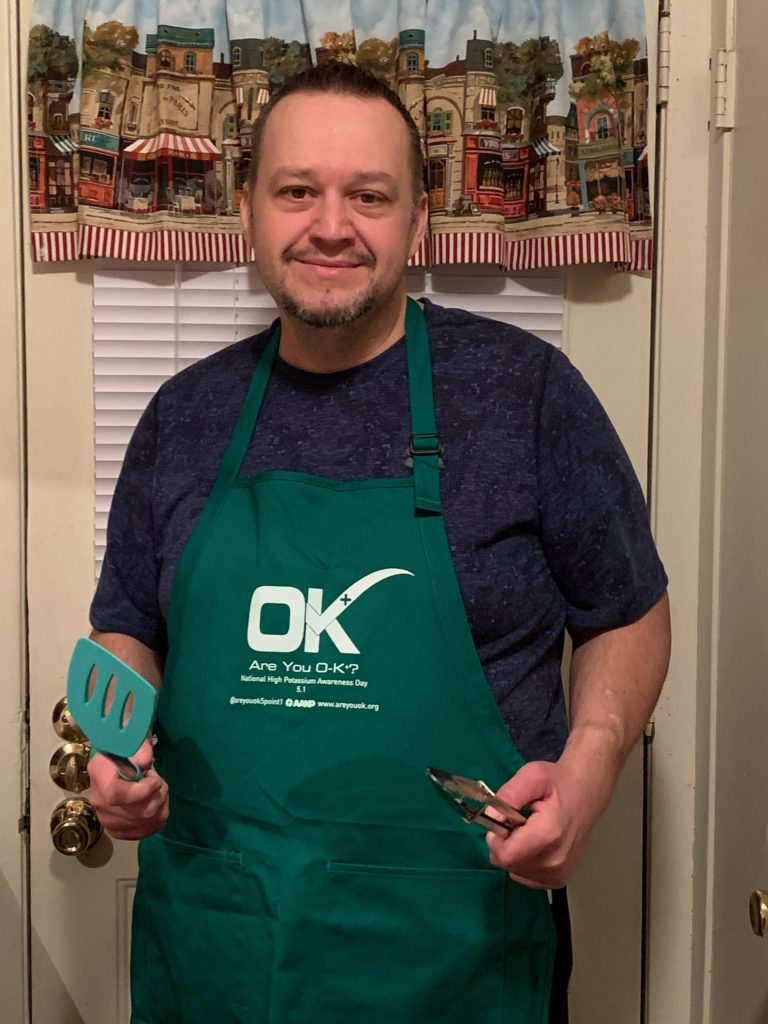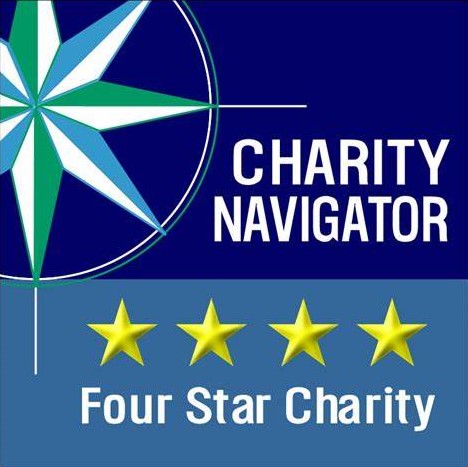Potassium nearly took my Life!
By Jonathan E Traylor, Sr.
Potassium is a mineral and an electrolyte. It helps your muscles work, including the muscles that control your heartbeat and breathing. Potassium comes from the food you eat. Your body uses the potassium it needs. The extra potassium that your body does not need is removed from your blood by your kidneys.
On July 8th of 2019, I went into emergency kidney failure, my potassium had reached a score of 9! I was just moments from death and, because of my kidney failure, my body could not expel the excess nutrients, such as potassium, and so my body retained these nutrients to toxic levels, and I was in a very critical state. I was suffering with Hyperkalemia (high potassium), a very dangerous condition that can affect your heart, and in which it did on this very day.
I went into a heart arrhythmia (irregular, fast or fluttering heartbeat) my heart was literally beating out of my chest as if I was running a marathon and it was in a very strange rhythm. The ER doctor immediately looked concerned as I entered from the helicopter ride, he said, “You better grab the crash cart!” as I passed out.

I woke up three days later on a dialysis machine in the ICU. I learned that they had already pulled off 30 lbs of fluid and saved my life! The staff was amazed that I had lived through this and the nephrologist said I was just moments from death!
I have shared this with you to let you know the importance of taking care of your kidneys and to be aware of your potassium levels. I was able to maintain my potassium and manage it by following a kidney-friendly diet that was right for me and abstaining from high potassium foods, such as bananas, oranges, tomatoes, dairy products, beans, and potatoes just to name a few. I also never missed a dialysis treatment, missing dialysis can cause the build up for nutrients (such as potassium) to toxic levels and fluid to build up in the body; so it is crucial that you attend every treatment and stay for the entirety of each session. Potassium is definitely an important factor with kidney patients and some patients also have low potassium so they have to learn how to manage it by eating some foods with potassium but to be careful at the same time to not over indulge.
I also incorporated an exercise regimen, and I cannot stress enough the importance of following a kidney-friendly diet that is right for you and the benefits of exercise, especially being a kidney patient. I also want to encourage you to be mindful of your potassium intake and the effects of high potassium, because of my near-death experience with kidney disease, potassium became a real factor in my life. I always try to keep in mind when making food choices that I need to make smart decisions. I'm now a kidney transplant recipient (8/11/20) and I would never want anyone to experience what I went through with kidney disease and hyperkalemia, so this is why I share my personal story with you.
I hope that you will read this and be encouraged to manage and be aware of potassium in your diet and to consult with a renal dietitian if you have questions or concerns. I definitely appreciate the AAKP for what they are doing for the kidney community with the “Are You O-K+” campaign for National High Potassium Awareness Day on May 1st. Visit www.areyokok.org to learn more and access educational resources and follow us on @areyouok5point1 on Facebook, Twitter and Instagram!
Sincerely,
AAKP Ambassador
Host-Hope with Jonathan






























